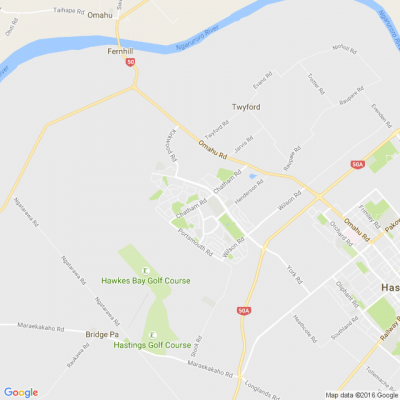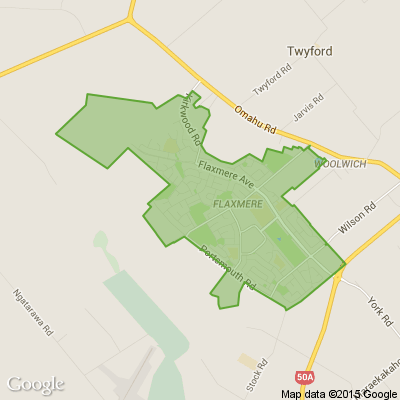Workplace noise and what you need to know
Creating an environment that promotes good auditory health in the workplace is more effective if workers are involved with developing and carrying out solutions. Workers can help to identify risks arising from noise related hazards, and suggest practical ways to eliminate or reduce these risks. This will encourage worker commitment to good hearing health.
Hearing loss is preventable
By adopting noise control measures, and educating and training workers on the importance of wearing hearing protection when exposed to loud noise, good hearing health will become a part of your workplace culture.
Good hearing means good worker health and well-being
A workers health can affect their ability to work safely and productively. Hearing loss has health impacts including reduced productivity, feelings of isolation and exclusion, stress and fatigue. Workers with good health are likely to have higher levels of productivity, are more engaged, and are able to keep working for longer, contributing to the success of your business.
Workplace noise can be harmful to hearing
If workers are exposed to loud noises over a long period of time, the hairs or nerve cells in the inner ear become damaged, and eventually stop responding to sound. This is called noise induced hearing loss (NIHL). Hearing damage can also occur from a sudden loud noise, extended exposure to vibrations from noisy machinery or ototoxic chemicals (chemicals that damage your hearing) found in substances such as paints, thinners, and glues.
Hearing loss is irreversible
Exposure to dangerous noise levels can cause temporary or permanent hearing loss, or tinnitus (a ringing in the ears). Damaged hearing reduces a person's ability to hear high frequency sounds, and some common consonant sounds such as t, k, s, sh and p. This type of damage can't ever be repaired.
Noise induced hearing loss (NIHL)
NIHL resulting from workplace noise affects as many as 100,000 New Zealanders. Noise-related injuries are most common in the manufacturing and construction sectors, and in male-dominated industries. Around 30% of all workers in New Zealand are exposed to loud noise at work at least 25% of the time.
Hearing Protection Programme
Setting up a hearing protection programme in your workplace can help to manage noise related risks, and protect the health of your workers.

Poll: Do you think banning gang patches is reasonable?
With the government cracking down on gangs, it is now illegal for gang members to display their insignia in public places whether through clothing or their property.
This means arrests can be made if these patches are worn in places like restaurants, shops, on public transport or ferries, and on airplanes. Arrests were made recently at a funeral.
Do you think this ban is reasonable?

-
75.8% Yes
-
22.8% No
-
1.4% Other - I'll share below
What's your favourite recipe for courgettes?
Kia ora neighbours. If you've got a family recipe for courgettes, we'd love to see it and maybe publish it in our magazine. Send your recipe to mailbox@nzgardener.co.nz, and if we use it in the mag, you will receive a free copy of our January 2025 issue.

CAROLS ON THE GREEN
Sunday 1 December, 4-6.30pm, on H N Village Green. Koha sausage sizzle, Santa, Bay Cities's Symphonic Band, Dianne Abraham, Men in Black, Hukarere Girls' College, carol singing. Bring your chairs and a picnic basket and join the festivities. If inclement weather, we'll move into the church.






 Loading…
Loading…




















